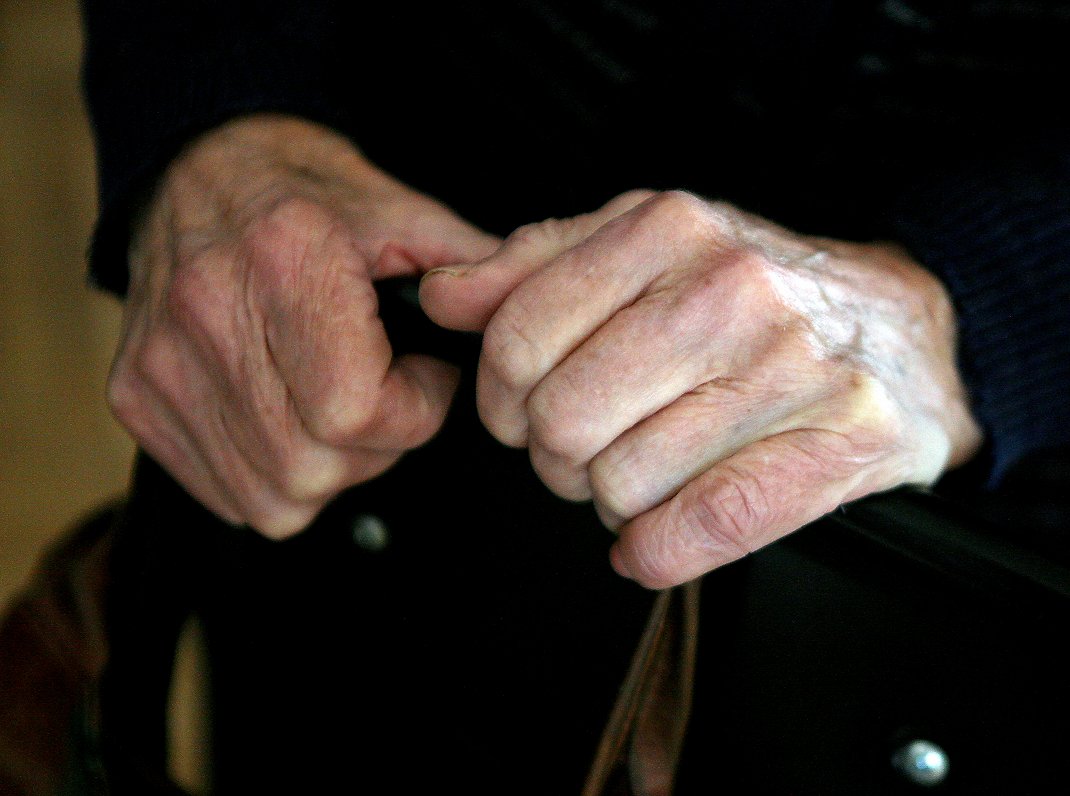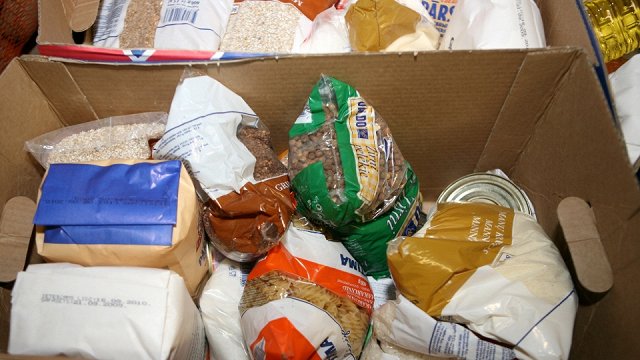De Facto spoke to pensioner Valija Grundāne. She says that for heating her 49 square-meter apartment, EUR 30 had to be paid in November 2020, EUR 62 in November 2021, and EUR 120 in December 2021. The rest of the pension goes fully into daily spendings. “The food basket is so minimal... I don't see a chance of saving there anymore,” she said.
In November last year, annual inflation was 7.5%. This means that the same goods and services which needed €100 in November 2020, needed €107 and 50 cents a year later. But looking at costs that cannot be avoided, like utilities and food, the picture is more dramatic. If a certain volume of gas cost €100 in 2020, in 2021 it was €139, €126 for thermal energy, €124 for electricity. But, for example, potatoes became 50% more expensive, oil went up by 33%, rice and flour by around 20%.
Although a number of aid measures have been introduced, the association of the elderly "RASA" concludes that it does not outweigh the overall increase. “I looked at the distribution tariff, I also heard Minister Reirs, that he said this reduction would have a positive impact and support for the budget of each household. [..] I had EUR 7.15 in December on the distribution tariff. If 50% is taken, it is EUR 3.58. Well...” said Gunārs Ennis, representative of the association.
Increasing the untaxed minimum for pensions to €500 from July will add up to €34 to some pensioners' wallets. However, for a third of pensioners, this will not change anything, because the pension does not exceed the current non-taxable minimum of €330, and some will benefit only a couple of euros.
When meeting with other pensioners at the community center Ābeļzieds, Valija Grundāne has concluded that this year will be unbearable to many: “They will go after benefits. They will go after benefits because the amount that remains after the utility payments is small.”
The fact that the need for social assistance will grow is also predicted in municipalities. Latvian Association of Local Governments (LPS) says that the current funds for housing aid covers 6% of households, while the risk of trouble paying heating bills is currently a reality for around 40%. The current solutions will only be in force until May so it is unclear what will happen in the next heating season.
“I also assigned this to the Crisis Management Council, which has not answered. At the moment, the government is prepared to address this issue in the short term,” said LPS representative Salmiņš.






























